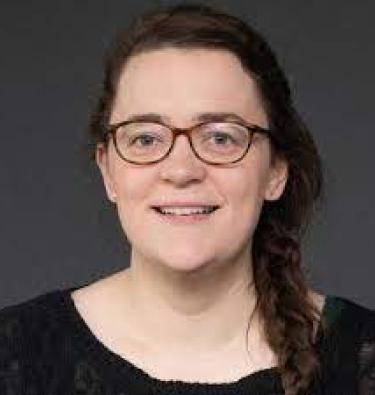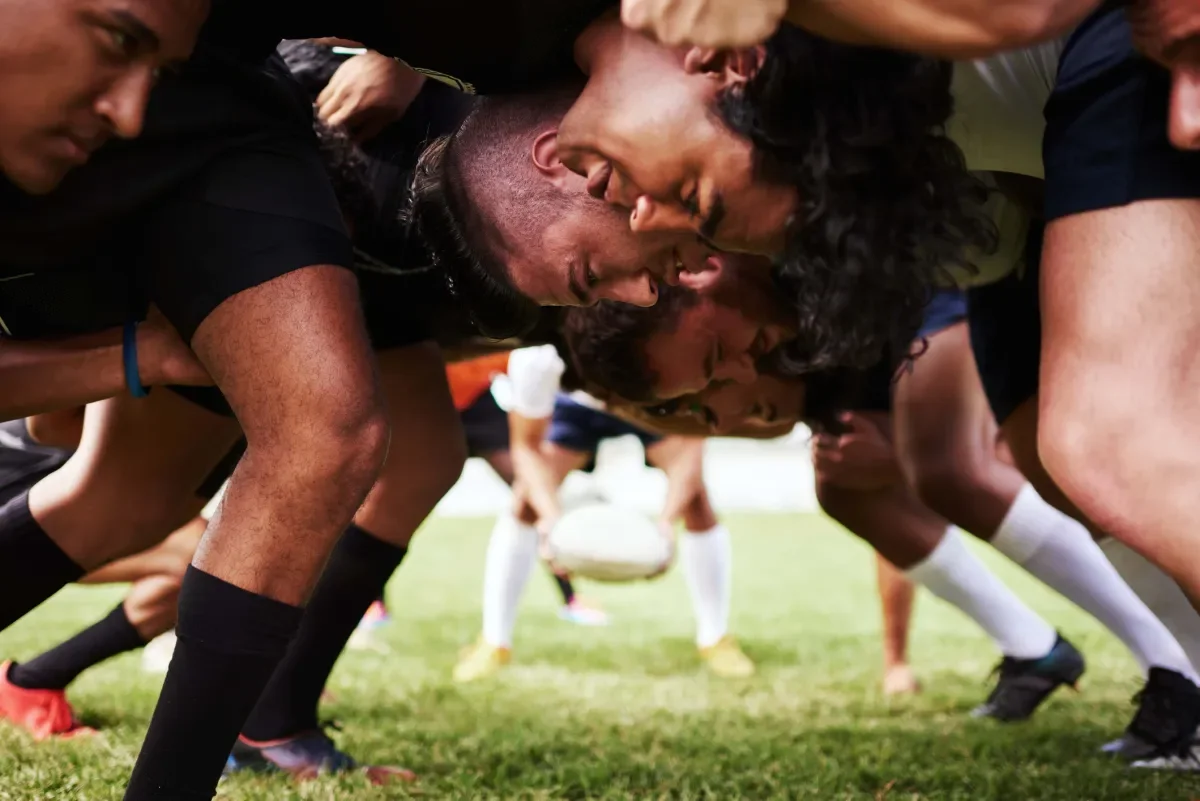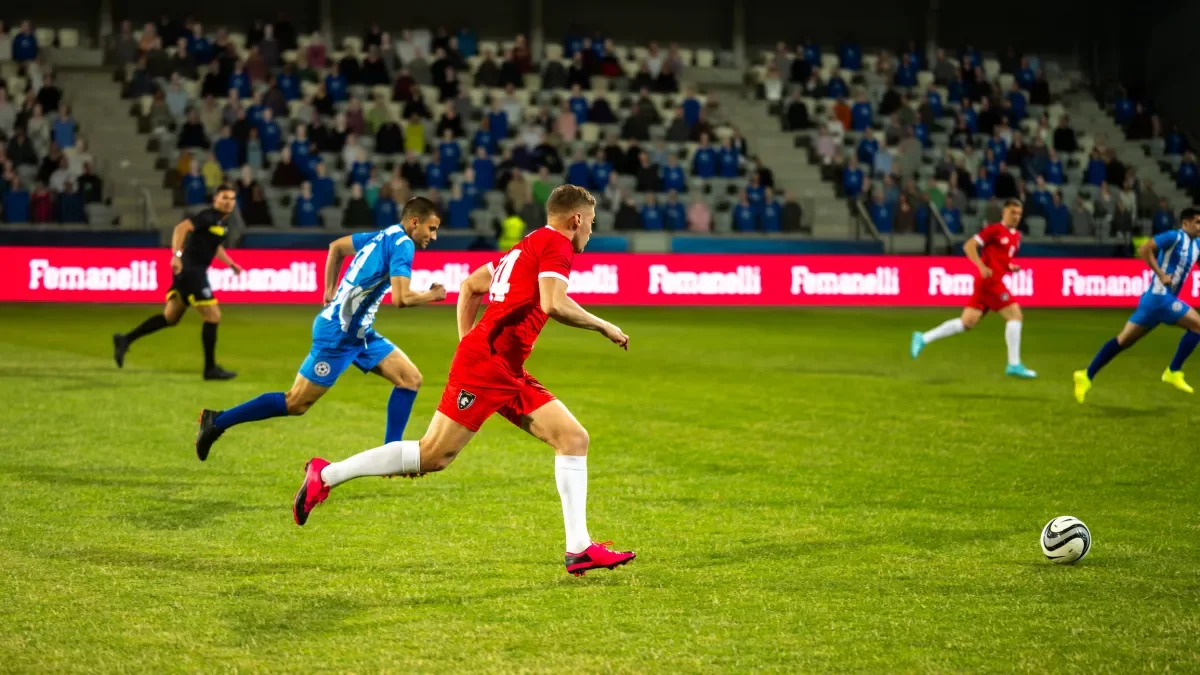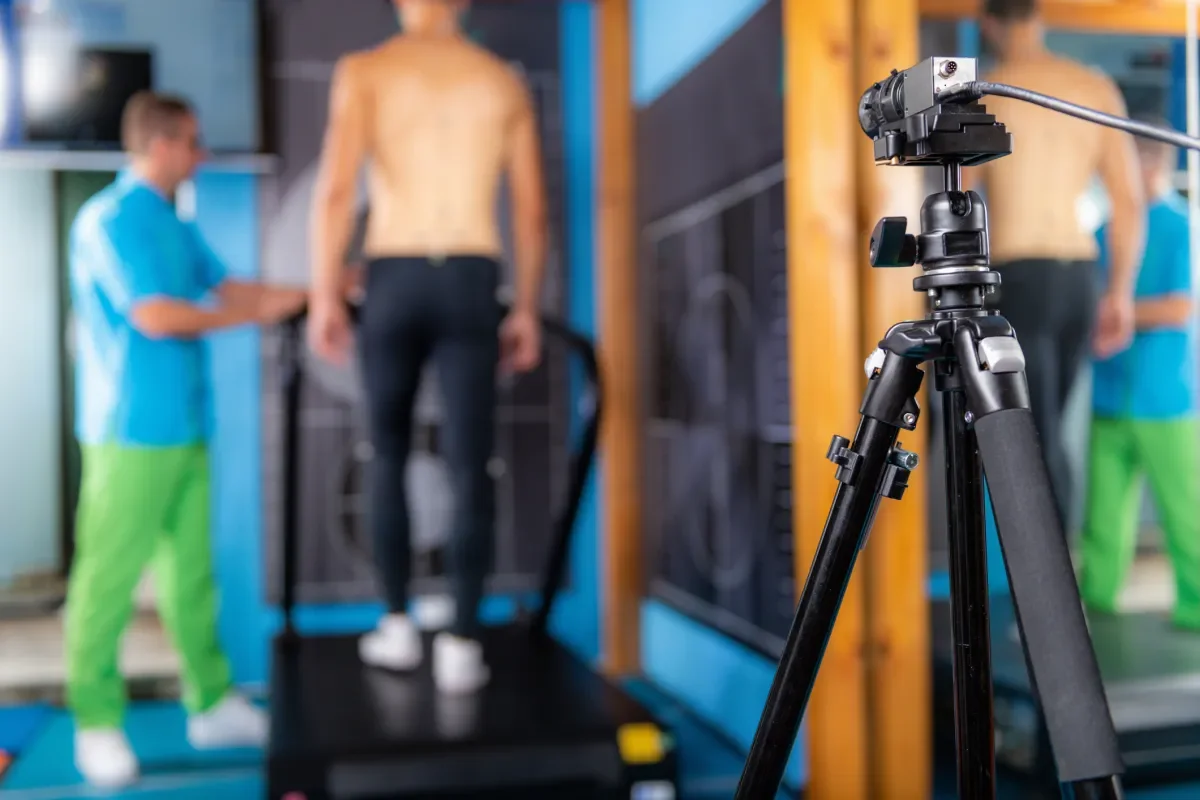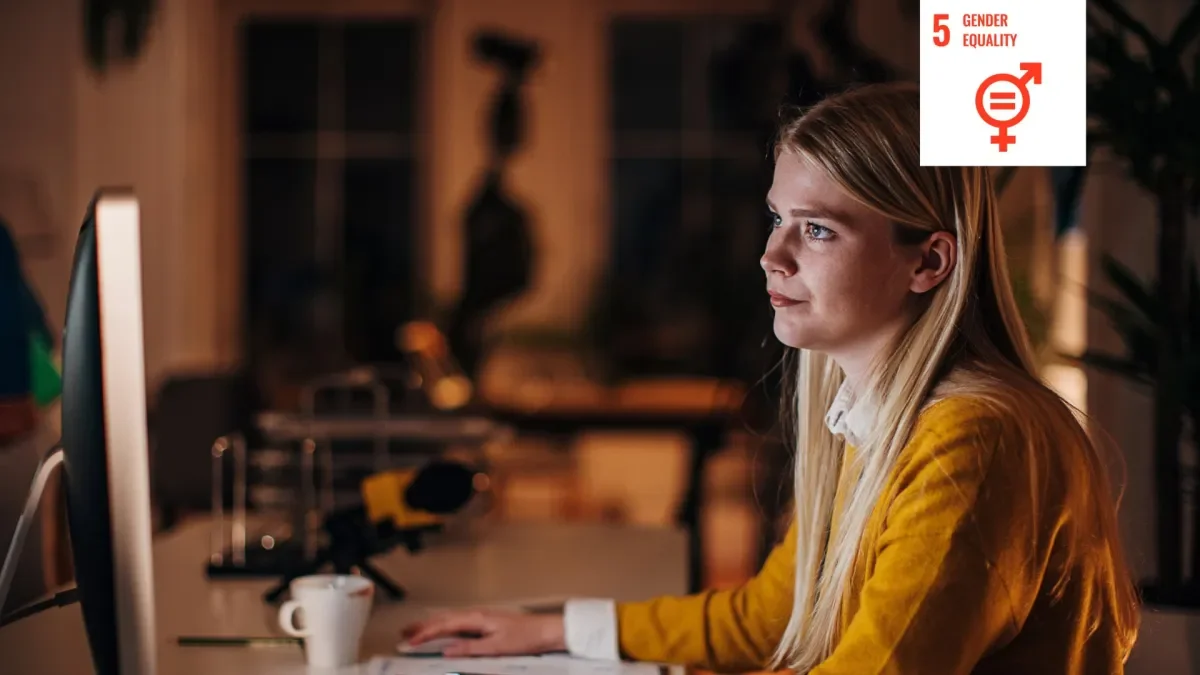
The public’s increased access to journalists via social networks is arguably the defining shift in audience-media relations over the past two decades. While some laud this potential for dialogue, the reality is that many journalists face targeted hostility, with women often subjected to particularly challenging content.
Dublin City University researcher Dr Dawn Wheatley’s prominent study published in May 2023 that documents the pressure and negative experiences of women journalists in Ireland who are navigating social media as part of their professional work. Underpinning this project is the question of how contemporary social media dynamics, and particularly negative or hostile interactions, affect journalists in Ireland.
The icon on this article represents contribution towards the UN Sustainable Development Goals. The Sustainable Development Goals are 17 objectives designed by the United Nations to serve as a shared blueprint for peace and prosperity for people and the planet.
National focus
Drawing on interviews with 36 national-level female journalists from outlets including RTÉ, Virgin Media, BBC NI, and The Irish Times this project documents their experiences in their own words, analyses how they handle negativity, and explores how they think those with power should respond. The project also includes testimony from focus groups with 40 student journalists who are grappling with the expectations around social media use moving forward in their careers.
Negative experiences online
Among the journalists’ negative experiences of social media and online life are being ‘piled on’, which describes a rapid escalation of critical and judgmental reactions to a person’s posts or online presence; late-night threats; mocking; unwanted contact; being targeted by a group; ridicule and shaming; and fake accounts set up in a journalist’s name.
The journalists acknowledged that male colleagues also face criticism and abuse online. However most also identified particular gendered insults and threats, whether related to their appearance, attempts to discredit their expertise or professionalism, or comments that included outrightly sexual undertones.
Important tool
The report’s main findings outline how social media is an essential, useful and intertwined part of most journalists’ day-to-day work, and that most journalists have internalised the pressure to be active online. Testimony from the report shows journalists believe that having some kind of social media presence will help them to build their professional profile.
The report also addresses the repercussions for women in journalism if employers push for active social media accounts from their journalists or potential employees and of online hostility. “Women have historically been underrepresented in Irish journalism in numbers and seniority of roles. There has been some improvement in recent decades, but the influence of online culture and negative interactions could be a deterrent, causing a regression in women’s voices, presence, and influence in journalism.” says Dr Wheatley in the report.
Key Policy Recommendations
Dr Wheatley’s report sets out key recommendations for social media companies, news organisations and legislators. It argues that legislators must pressure social media platforms to address the safety of their users, and that social media companies improve their response to posts reported for abusive content and provide additional filtering options.
“Looking towards the technology companies and the government for the solution is an obvious direction, but I think it’s also really important the newsroom managers wake up to this problem.” says Dr Wheatley “The recommendations I set out in the report make that quite clear – small things such as clarity of when/if a journalist is expected to use social media as part of their work, or having clear, well-signposted structures and supports in place if journalists do encounter troubling content – these can make a huge difference in day-to-day work.”
Testimony from female journalists
“The main aim of the project was really to document, in their own words, what women journalists were experiencing. I know from speaking to some journalists since the publication of the study that even getting it down on paper can serve as a starting point to get discussions going in the newsroom and get managers to realise the scale of what their reporters are grappling with.” adds Dr Wheatley
“The risks Irish journalists are experiencing are – thankfully – less outrightly dangerous than in many countries around the world, but there is still a serious burden with social media that I think needs to be better acknowledged.”
Research impact
Dr Wheatley has presented the study at two international conferences – the International Conference on the Safety of Journalists, in Oslo, Norway in November 2022, and the European Communication Research and Education Association (ECREA) conference in Aarhus, Denmark.
“It’s a topical issue in the research field at the moment,” she says, “so it’s great to be able to contribute with an Irish perspective – often, these studies are dominated by much bigger countries.”
“In particular, colleagues have appreciated the emphasis I’ve put on exploring the attitudes towards blocking/filtering practices used by journalists, and I think this is something original in this field as it’s a complex issue for journalists given their public-facing role and expectations around being accessible.”
National Women’s Council partnership
The project was funded by the Irish Research Council of its New Foundations scheme, and was carried out in partnership with the National Women’s Council (NWC).
Commenting on her partnership with the National Women’s Council for the study, Dawn pointed to the organisation’s recent work on online abuse of women politicians and how her research study complemented it, and allowed the NWC to expand its advocacy and recognition of this problem into the journalism space.

